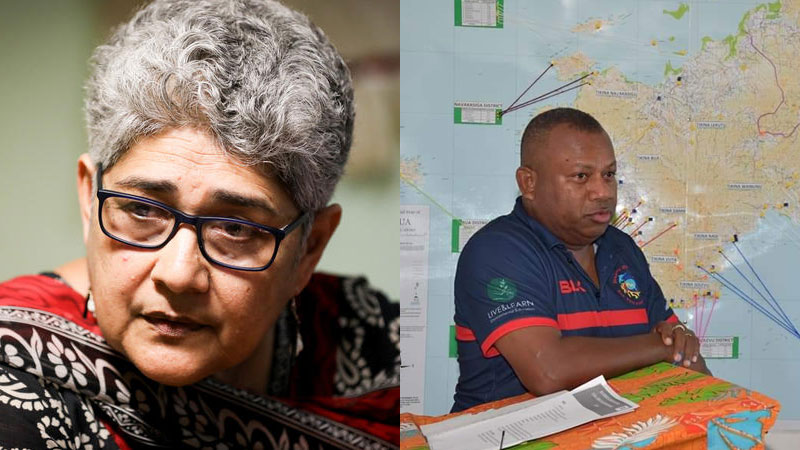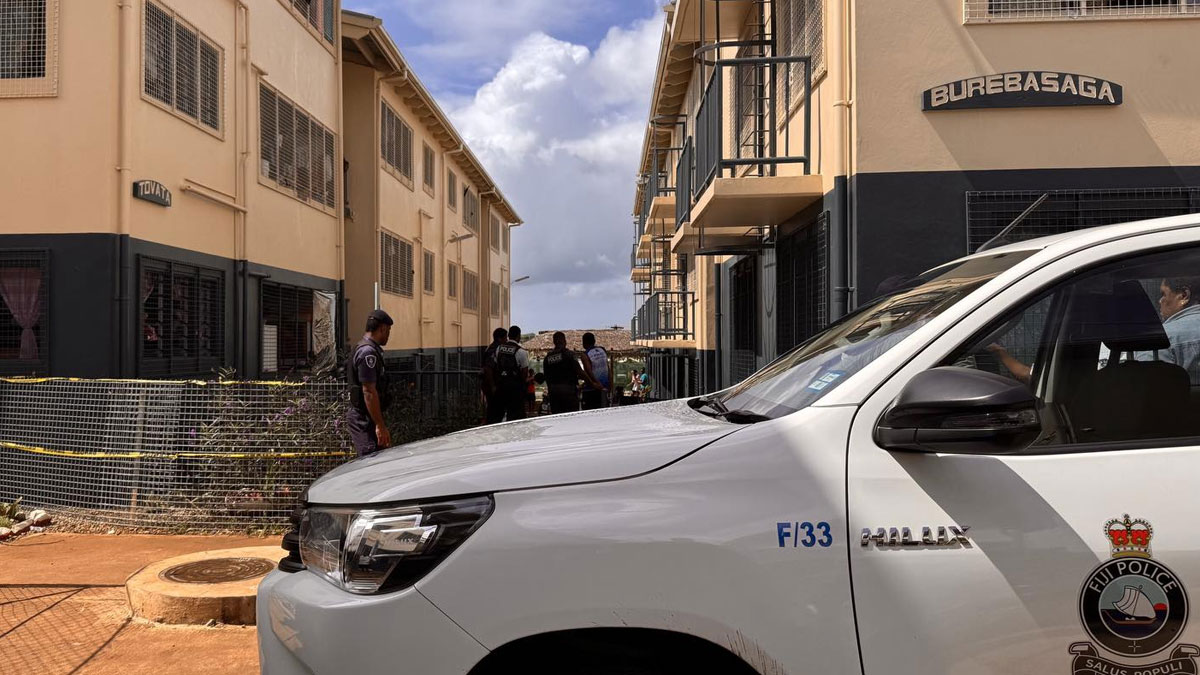
Fiji Women’s Crisis Centre Coordinator Shamima Ali says the safety of girls, children and women taking shelter at various evacuation centres around the country should not be compromised.
She has made the comment following the alleged rape of a 10-year-old girl at an evacuation centre in Vanua Levu, last week.
Ali says the National Disaster Management Office and other stakeholders who are overseeing operations at evacuation centres around the country should create a safe space that meets the needs of women, girls and children living there.
She says the government and first responders visiting evacuation centres should have proper knowledge about gender-based violence.
Ali adds she believes every worker who is there and at every natural disaster meeting should have a round-the-table discussion and knowledge about gender-based violence and this should be part of everyone’s agenda and be mainstreamed.
She says often, men and women are put together in one room at an evacuation centre and this is when it becomes unsafe for the women.
Ali further says sometimes the washrooms and bathrooms at many evacuation centres do not have doors, the locks are not working and the louver blades are missing from the windows and it should not only be about providing shelter so that people are safe from a natural disaster.
Ali has also urged those visiting TC Yasa affected areas, including Ministers, Members of Parliament, development officers and NGO representatives to not touch children without the permission of their parents or unless they are hurt.
She says people should stop using children for photo opportunities and has called on people who take supplies into the communities to try not to be photographed with it.
Minister for Disaster Management, Inia Seruiratu says the safety and security of evacuees at evacuation centres is the responsibility of community elders and many stakeholders.
He says there is a protection cluster that conducts awareness, training and counselling for evacuees when they visit evacuation centres.
This protection cluster is made up of various government and non-government agencies like UN Women, UNICEF, and Save the Children Fiji.
He adds police officers and military personnel also monitor evacuation centres, but it depends on the location as some communities do not have police posts and army barracks.
Seruiratu says the responsibility lies with community elders to ensure the safety and security of their members.
Stay tuned for the latest news on our radio stations

